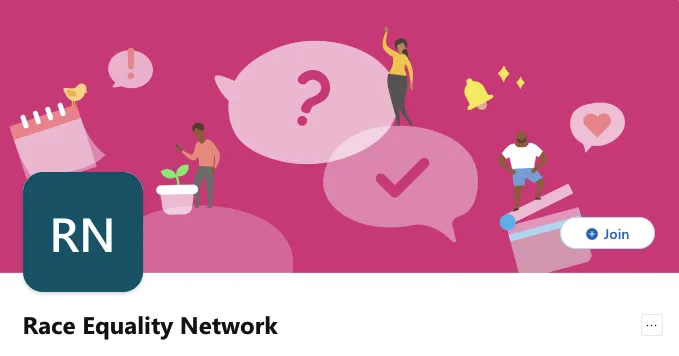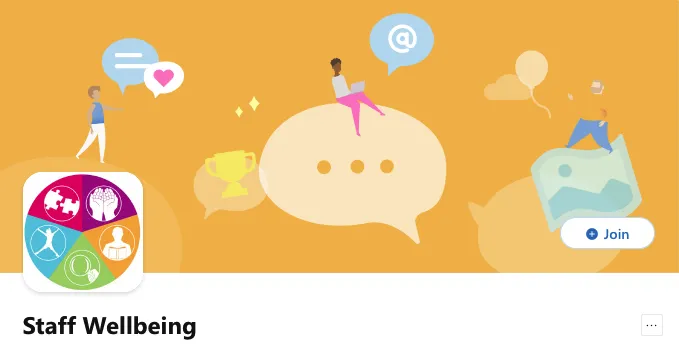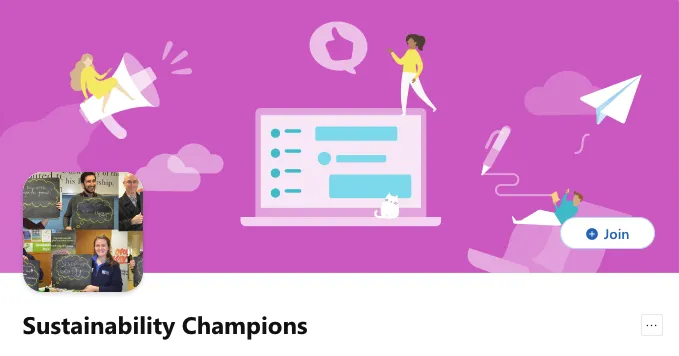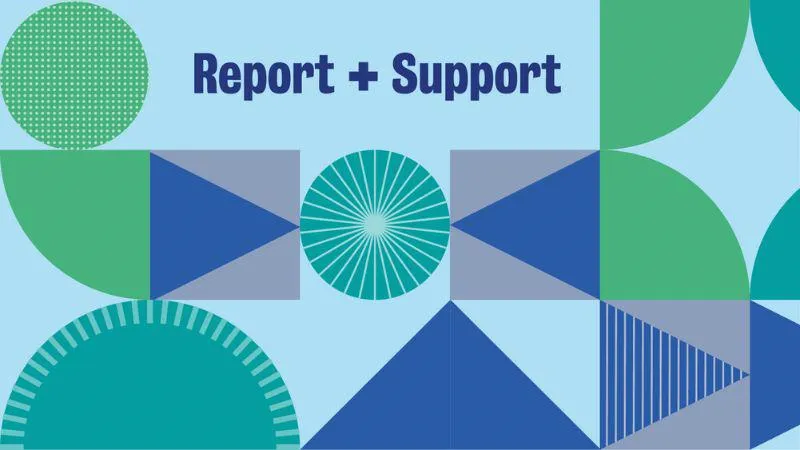Mission statement
We champion people and culture across this School.
The School works with university-wide People and Culture objectives. We are committed to creating an inclusive environment across our Sections that is fair to all.
Diverse, but united.
This School celebrates the diversity of our employees and students. We work to encourage inclusivity, to make our School a better place. We do this by monitoring diversity, inclusion and wellbeing in the School, raising issues and lobbying to make changes for the future.
What are we doing?
Collaborating across our Different sites and Sections, we aim to have representatives from different backgrounds, to represent all parts of our School. Some of our projects include:
Development Symposia:
We hold Aspiring Leadership Symposia, aimed at ECRs and PhD students. A recent symposium featured ex-students from our School who now work in pharma/biotechs or publishing.
Identifying microaggressions
The term microaggressions was coined by Chester Pierce in the 1970s. The definition has become broader since and is generally thought of as ‘spoken, behaviour or environmental slights, whether intentional or unintentional, that communicate hostile, derogatory, or negative attitudes toward stigmatized or culturally marginalized groups’.
We surveyed this School to understand how microaggressions affect those in our School. We then developed a short animation on classic microaggressions. (See below). Microaggressions are also common in laboratories, more subtle but sustained and often linked to the laboratory hierarchy. To address this, we progressed to publish a second video on laboratory microagressions, (see the second video below).
If you feel you have or are experiencing behavior associated with bullying, harassment or microaggressions please contact a DDI representative.
- Report a case.
- There is also active bystander training available via EDI training for staff:
https://training.kcl.ac.uk/kcl/#common/main/welcome
- OD1326 - Level 2 Being an Active Bystander at King’s - Personal Effectiveness
OD1207 - Level 1 Being an Active Bystander at King’s - Personal Effectiveness Hub
The Equality, Diversity & Inclusion team offer a range of training courses& development programmes for the King's community:
https://www.kcl.ac.uk/professional-services/diversity/edi-training-for-staff
1. Classic microaggressions
2. Laboratory microaggressions
Raising awareness:
We aim raise awareness and make progress. Immediate projects include this website, analysing PowerBi data on identifying diversity gaps within the School and the academic environments.
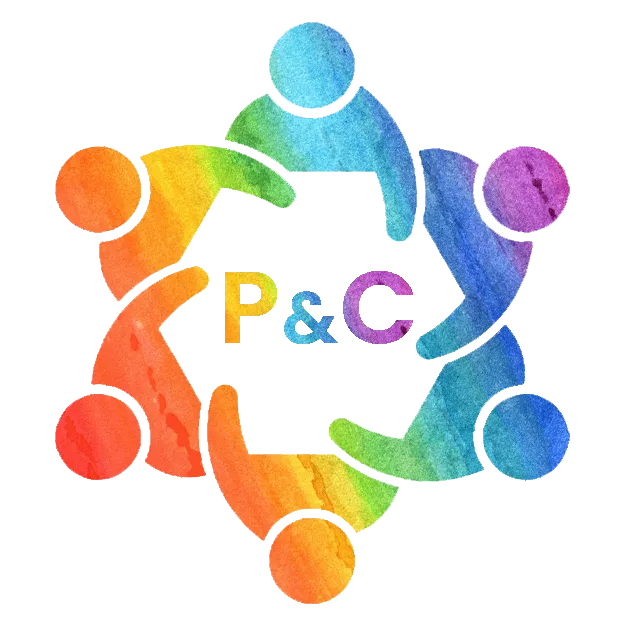
Group lead
Contact us
Please contact Dr Anna Zampetaki - School Lead for People and Culture (P&C) or Dina Parekh - P&C Committee Administrator

